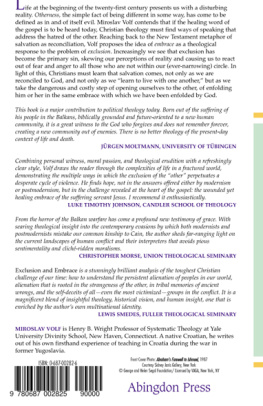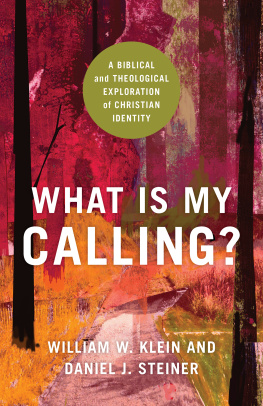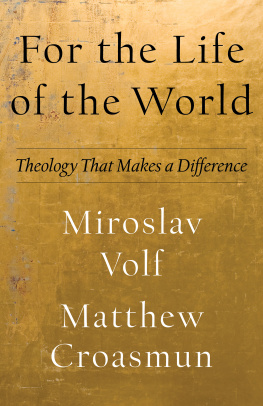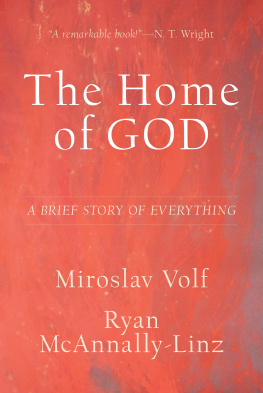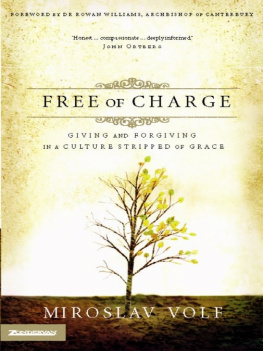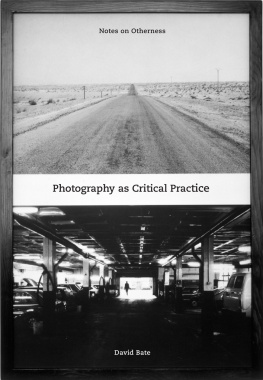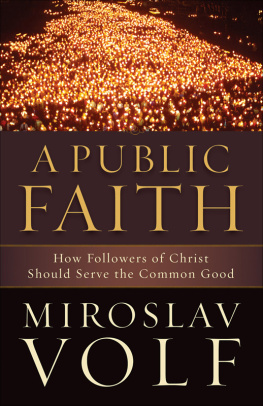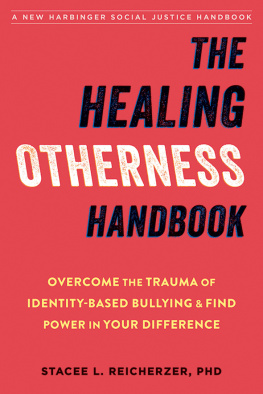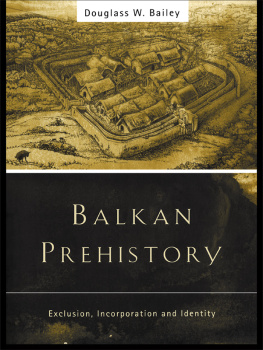Volf - Exclusion and embrace: a theological exploration of identity, otherness, and reconciliation
Here you can read online Volf - Exclusion and embrace: a theological exploration of identity, otherness, and reconciliation full text of the book (entire story) in english for free. Download pdf and epub, get meaning, cover and reviews about this ebook. City: Nashville;TN, year: 2008;2010, publisher: Abingdon Press, genre: Religion. Description of the work, (preface) as well as reviews are available. Best literature library LitArk.com created for fans of good reading and offers a wide selection of genres:
Romance novel
Science fiction
Adventure
Detective
Science
History
Home and family
Prose
Art
Politics
Computer
Non-fiction
Religion
Business
Children
Humor
Choose a favorite category and find really read worthwhile books. Enjoy immersion in the world of imagination, feel the emotions of the characters or learn something new for yourself, make an fascinating discovery.
Exclusion and embrace: a theological exploration of identity, otherness, and reconciliation: summary, description and annotation
We offer to read an annotation, description, summary or preface (depends on what the author of the book "Exclusion and embrace: a theological exploration of identity, otherness, and reconciliation" wrote himself). If you haven't found the necessary information about the book — write in the comments, we will try to find it.
Volf: author's other books
Who wrote Exclusion and embrace: a theological exploration of identity, otherness, and reconciliation? Find out the surname, the name of the author of the book and a list of all author's works by series.
Exclusion and embrace: a theological exploration of identity, otherness, and reconciliation — read online for free the complete book (whole text) full work
Below is the text of the book, divided by pages. System saving the place of the last page read, allows you to conveniently read the book "Exclusion and embrace: a theological exploration of identity, otherness, and reconciliation" online for free, without having to search again every time where you left off. Put a bookmark, and you can go to the page where you finished reading at any time.
Font size:
Interval:
Bookmark:
AND
EMBRACE

EXCLUSION AND EMBRACE:
A THEOLOGICAL EXPLORATION OF IDENTITY,
OTHERNESS, AND RECONOLIATION
Copyright 1996 by Abingdon Press
All rights reserved.
No part of this work may be reproduced or transmitted in any form or by any means, electronic or mechanical, including photocopying and recording, or by any information storage or retrieval system, except as may be expressly permitted by the 1976 Copyright Act orin writing from the publisher. Requests for permission should be addressed in writing to Abingdon Press, 201 Eighth Avenue South, P. O. Box 801, Nashville, TN 37202, U.S.A.
This book is printed on acid-free, recycled paper.
Library of Congress Cataloging-in-Publication Data
Volf, Miroslav.
Exclusion and embrace : a theological exploration of identity, otherness, and reconciliation / Miroslav Voli.
p. em.
Includes bibliographical references and index.
ISBN 0-687-00282-6 (alk. paper)
1. Identification (Religion). 2. Reconciliation-Religious aspects-Christianity. I. Title.
BV4509.5.V65 1996
241'.675-d.c21
96-46421
CIP
Unless otherwise noted, all scripture quotations are from The New Revised Standard Version Bible, copyright 1989 by the the Division of Christian Education of the National Council of the Churches of Christ in the USA. Used by permission.
05 06 07 08 0910-18171615
MANUFACTURED IN THE UNITED STATES OF AMERICA
To Peter Kuzmi
brother-in-law and friend-
who kindled my passion for theology,
guided my first theological steps,
and opened some doors whose handles I was too small to reach.
PREFACE
A fter I finished my lecture Professor Jrgen Moltmann stood up and asked one of his typical questions, both concrete and penetrating: But can you embrace a cetnik? It was the winter of 1993. For months now the notorious Serbian fighters called cetnik had been sowing desolation in my native country, herding people into concentration camps, raping women, burning down churches, and destroying cities. I had just argued that we ought to embrace our enemies as God has embraced us in Christ. Can I embrace a cetnik-the ultimate other, so to speak, the evil other? What would justify the embrace? Where would I draw the strength for it? What would it do to my identity as a human being and as a Croat? It took me a while to answer, though I immediately knew what I wanted to say. No, I cannot-but as a follower of Christ I think I should be able to. In a sense this book is the product of the struggle between the truth of my argument and the force of Moltmann's objection.
It was a difficult book to write. My thought was pulled in two different directions by the blood of the innocent crying out to God and by the blood of God's Lamb offered for the guilty. How does one remain loyal both to the demand of the oppressed for justice and to the gift of forgiveness that the Crucified offered to the perpetrators? I felt caught between two betrayals-the betrayal of the suffering, exploited, and excluded, and the betrayal of the very core of my faith. In a sense even more disturbingly, I felt that my very faith was at odds with itself, divided between the God who delivers the needy and the God who abandons the Crucified, between the demand to bring about justice for the victims and the call to embrace the perpetrator. I knew, of course, of easy ways to resolve this powerful tension. But I also knew that they were easy precisely because they were false. Goaded by the suffering of those caught in the vicious cycles of conflict, not only in my native Croatia but around the globe, I went on a journey, whose report! present in this book.
Almost inescapably, the report is intensely personal-even in its most abstract and exacting sections. I do not mean that I indulge here in a public display of mushy sentiments. The book is personal in the sense that I struggle intellectually with issues that cut close to the heart of my identity. No free-floating and unaffected mind is trying here to resolve an intriguing intellectual puzzle! I chose not even to try the impossible. I, a citizen of a world at war and a follower of Jesus Christ, could not hang up my commitments, desires, rebellions, resignations, and uncertainties like a coat on a coat rack before entering my study, to be taken up and put on when the work of the day was over. My people were being brutalized, and I needed to think through the response appropriate for me, a follower of the crucified Messiah. How could I abstract from my commitments, desires, rebellions, resignations, and uncertainties? I had to think through. them, with as much rigor as I could muster. The tension between the message of the cross and the world of violence presented itself to me as a conflict between the desire to follow the Crucified and the disinclination either simply to watch others be crucified or let myself be nailed to the cross. An account of an intellectual struggle, the book is also a record of a spiritual journey. I wrote it for myself-and for all those who in a world of injustice, deception, and violence have made the gospel story their own and therefore wish neither to assign the demands of the Crucified to the murky regions of unreason nor abandon the struggle for justice, truth, and peace.
It is a pleasure to thank here many people and institutions that made my work possible, even delightful. Fuller Theological Seminary, Pasadena, California, afforded me two sabbaticals and a partial leave of absence during which most of the material was researched and written. The Alexander von Humboldt Foundation supported me during one of those sabbaticals. My students at Fuller Theological Seminary, the Evangelical Theological Faculty of the University of Tiibingen, Germany, and the Evangelical Theological Seminary in Osijek, Croatia, engaged the arguments presented in the book (especially the upper division and graduate students in Osijek in the spring of 1996, whose passion for the subject was matched by the sharpness of their arguments). I have presented earlier versions of various chapters and received important feedback at conferences in Croatia, Germany, Holland, Hungary, India, New Zealand, Sri Lanka, and the United States, including the Theology Lectureship at the Mennonite Brethren Biblical Seminary, Fresno, California (April 21-22, 1996). Portions of the chapters have been published in Evangelische Theologie, Ecumenical Review, Journal of Ecumenical Studies, and Synthesis Philosophica (though they appear here in substantially revised form). Many friends and acquaintances have commented on earlier versions of individual chapters, including Ellen Charry, Jayakumar Christian, Clifford Christians, Philip Clayton, Robert Gundry, Bruce Hamill, Thomas Heilke, Stanley Hauerwas, George Hillery, David Hoekema, Serene Jones, Robert Johnston, Hans Kvalbein, Maurice Lee, Dale Martin, Marianne Maye Tompson, Jiirgen Moltmann, Nancey Murphy, Linda Peacore, Amy Plantinga-Pauw, Claudia Rehberger, Juan Seplveda, Marguerite Shuster, Medi Sorterup, James Taylor, Michael Welker, and Tammy Williams.
Matthew Colwell and Richard Heyduck served as research assistants for some of the work. Janice Seifrid helped with indexing. I received secretarial help from Peter Smith, Todd Nightingale, and especially Michael Beetley, who went beyond the call of duty in numerous ways. John Wilson of Books & Culture read a good deal of the manuscript and offered invaluable advice, above all about what to read and what not to say. Finally, I need to thank my wife, Judy, my sharpest critic and strongest supporter, who, despite her own busy writing schedule, read the whole manuscript and with her extraordinary sense for an argumentative misstep prevented a number of blunders. Any blunders, however, that remain-and I hope they are not many-are entirely my own.
Font size:
Interval:
Bookmark:
Similar books «Exclusion and embrace: a theological exploration of identity, otherness, and reconciliation»
Look at similar books to Exclusion and embrace: a theological exploration of identity, otherness, and reconciliation. We have selected literature similar in name and meaning in the hope of providing readers with more options to find new, interesting, not yet read works.
Discussion, reviews of the book Exclusion and embrace: a theological exploration of identity, otherness, and reconciliation and just readers' own opinions. Leave your comments, write what you think about the work, its meaning or the main characters. Specify what exactly you liked and what you didn't like, and why you think so.

